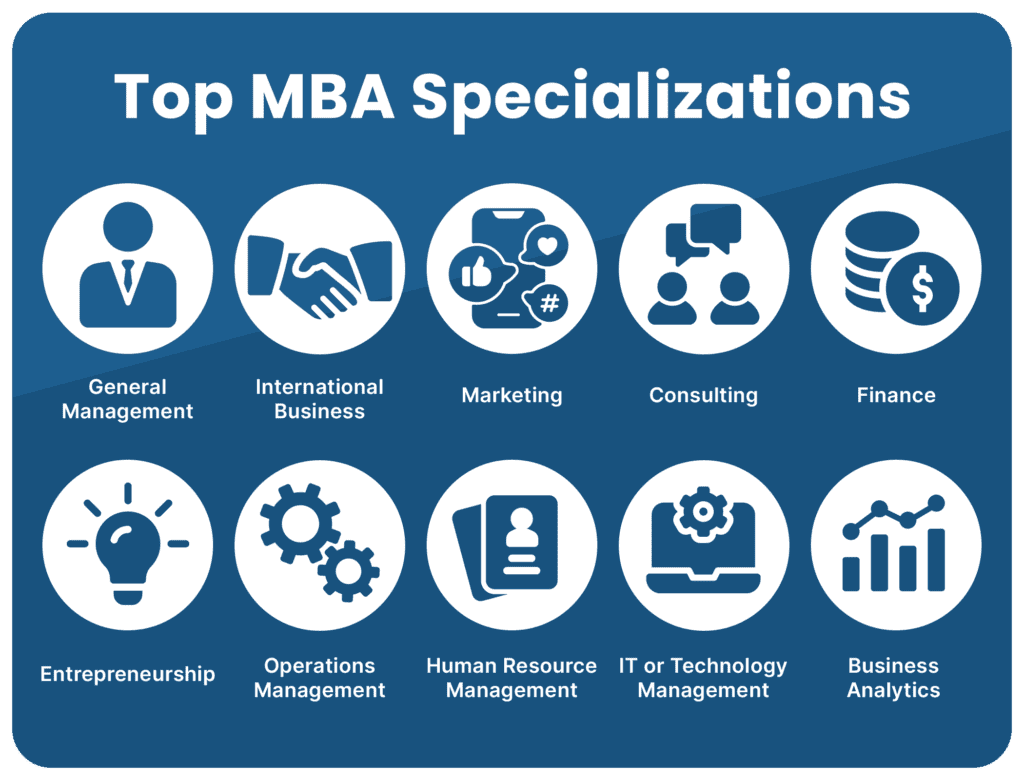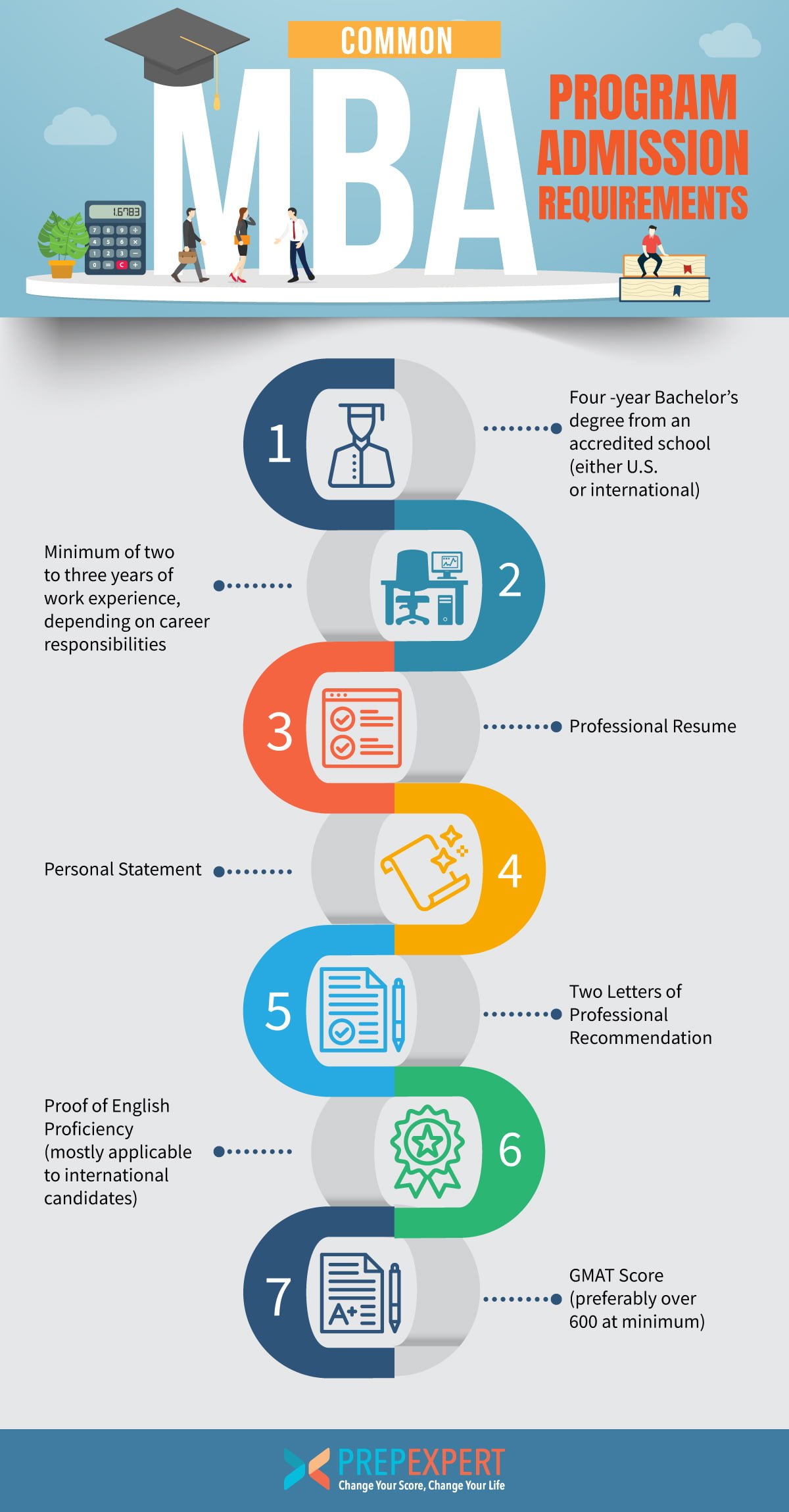The world of business education is vast and ever-evolving, with numerous MBA programs tailored to specific needs and career aspirations. Understanding the different types of MBA programs available is crucial for prospective students seeking to make an informed decision about their future education. This article aims to provide a comprehensive overview of the various MBA programs offered, their key characteristics, and how to choose the most suitable one for your individual goals.
What Are the Different Types of MBA Programs Available?
Full-Time MBA Programs
Full-time MBA programs are the most traditional and common type of MBA program. They typically take two years to complete and require students to devote their full attention to their studies. This type of program is ideal for students who want to immerse themselves in the MBA experience and build a strong network of fellow students.
Full-time MBA programs are typically offered on a residential campus, although some programs may offer online or hybrid options. Students in full-time MBA programs typically take a mix of core courses in business fundamentals, as well as elective courses in their areas of interest.
| Pros | Cons |
|---|---|
| Immersive learning experience | High time commitment |
| Strong networking opportunities | High financial cost |
| Access to top faculty and resources | May require relocation |
Part-Time MBA Programs
Part-time MBA programs are designed for working professionals who want to earn their MBA while continuing to work. These programs typically take longer to complete than full-time programs, but they offer more flexibility. Part-time MBA programs can be offered in a variety of formats, including evening classes, weekend classes, and online programs.
Students in part-time MBA programs typically take one or two courses per semester and may be able to tailor their coursework to their specific career goals.
| Pros | Cons |
|---|---|
| Flexibility to work and study | Longer time to completion |
| Lower financial cost than full-time programs | May be less immersive than full-time programs |
| Opportunity to apply coursework to real-world experience | May be more challenging to balance work and school |
Executive MBA Programs
Executive MBA (EMBA) programs are designed for experienced professionals who want to advance their careers and take on leadership roles. These programs are typically more intensive than traditional MBA programs and focus on developing leadership skills, strategic thinking, and global business acumen.
EMBA programs are often offered in a hybrid format, with a combination of in-person classes and online coursework. Students in EMBA programs typically have a significant amount of work experience and are looking to make a major career transition.
| Pros | Cons |
|---|---|
| Focus on leadership and strategic thinking | High time commitment |
| Networking opportunities with other senior executives | High financial cost |
| Global perspective on business | May require relocation or extensive travel |
Explore the Diverse Landscape of MBA Programs
Full-Time MBA Programs
Full-time MBA programs are the traditional and most common type of MBA. These programs typically take two years to complete and require students to dedicate themselves full-time to their studies. Students in full-time MBA programs typically live on campus or in the surrounding area, participate in a rigorous academic schedule, and engage in various networking opportunities.
Part-Time MBA Programs
Part-time MBA programs are designed for working professionals who want to earn an MBA while continuing their careers. These programs typically take longer to complete than full-time programs, ranging from three to five years. Classes are often held in the evenings or on weekends, allowing students to balance their studies with their jobs.
Executive MBA Programs
Executive MBA programs are specifically geared towards senior-level executives with significant professional experience. These programs provide a more specialized and intensive curriculum focusing on leadership, strategy, and organizational management. Executive MBA programs often include international study trips and executive coaching.
Online MBA Programs
Online MBA programs offer students the flexibility to earn an MBA degree remotely. These programs are typically delivered through a combination of online lectures, discussion forums, and virtual simulations. Online MBA programs are an excellent option for students who cannot attend traditional in-person classes due to work commitments or geographic constraints.
Specialized MBA Programs
Specialized MBA programs focus on a specific industry or functional area, such as healthcare, finance, or technology. These programs provide students with specialized knowledge and skills in their chosen field, making them highly competitive in the job market.
Frequent questions
What are the different types of MBA programs?
There are many different types of MBA programs available, each with its own unique focus and curriculum. Some of the most common types of MBA programs include:
- Full-time MBA programs: These programs are typically 2 years in length and require students to attend classes full-time. They are designed for students who want to make a career change or advance their careers in a specific industry.
- Part-time MBA programs: These programs are designed for students who are working full-time and want to pursue an MBA on a flexible schedule. They are typically 3-5 years in length and can be taken online, in person, or a combination of both.
- Executive MBA programs: These programs are designed for experienced professionals who want to enhance their leadership skills and knowledge. They are typically 1-2 years in length and are often offered in a condensed format.
- Online MBA programs: These programs allow students to earn their MBA degree from anywhere in the world. They are typically offered in a self-paced format and can be completed in 2-5 years.
- Specialized MBA programs: These programs focus on a specific industry or area of business, such as finance, marketing, or healthcare. They offer a more in-depth curriculum in a specific field and can be helpful for students who want to specialize in a particular area.
What are the benefits of pursuing an MBA?
An MBA can be a valuable investment for your career, providing you with the skills and knowledge you need to advance your career. Some of the benefits of pursuing an MBA include:
- Increased earning potential: Graduates with an MBA often earn significantly more than those with only a bachelor’s degree. This is because an MBA can equip you with the skills and knowledge needed to advance your career and take on leadership roles.
- Improved job prospects: In a competitive job market, an MBA can help you stand out from the crowd and improve your chances of landing a desirable job. It can also open up new career opportunities that you may not have considered before.
- Enhanced leadership skills: An MBA program can help you develop critical leadership skills, such as communication, decision-making, and problem-solving. These skills are essential for success in any business environment.
- Expanded network: An MBA program can connect you with a vast network of professionals in your field. This network can be valuable for your career, providing you with access to mentors, job opportunities, and industry insights.
- Personal and professional growth: Pursuing an MBA can be a transformative experience, helping you to develop both personally and professionally. You will learn new skills, gain new perspectives, and build your confidence.
How do I choose the right MBA program for me?
Choosing the right MBA program is an important decision, and there are a few key factors to consider:
- Your career goals: What are you hoping to achieve with an MBA? Do you want to advance your career in your current field, or are you looking to make a career change? The type of MBA program you choose should align with your career goals.
- Your budget: MBA programs can be expensive, so it’s important to consider your budget when making your decision. Some programs offer scholarships and financial aid, so be sure to explore your options.
- Program curriculum: What are the program’s core courses and elective options? Make sure the curriculum aligns with your interests and career goals.
- Faculty and alumni: Research the program’s faculty and alumni. What are their backgrounds and areas of expertise? Look for a program with a strong faculty and a network of successful alumni.
- Location: Where do you want to study? Consider the location of the program and whether it aligns with your personal and professional preferences.
What are the admissions requirements for MBA programs?
Admission requirements for MBA programs vary by school, but generally include the following:
- A bachelor’s degree: Most MBA programs require a bachelor’s degree from an accredited institution. The GPA requirement for admission can vary depending on the school and program.
- GMAT or GRE score: Most MBA programs require applicants to submit a GMAT or GRE score. The score requirement can vary depending on the school and program.
- Letters of recommendation: Applicants typically need to submit two to three letters of recommendation from professionals who can speak to their skills and experience.
- Essays: Applicants typically need to submit essays that address their career goals, motivation for pursuing an MBA, and experiences that demonstrate their leadership potential.
- Resume: Applicants will need to submit a resume that highlights their work experience and accomplishments.
- Interviews: Some MBA programs require applicants to participate in an interview as part of the admissions process. This interview is an opportunity for the admissions committee to get to know you better and assess your candidacy.












